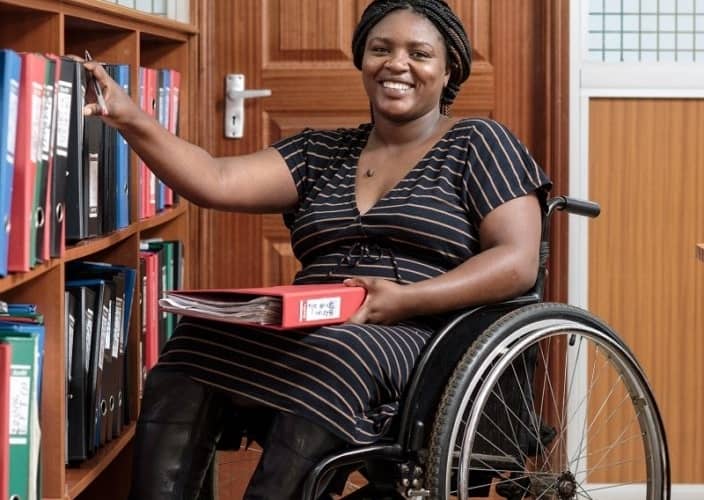Total and Permanent Disability Discharge is available to federal student loan borrowers who are disabled and unable to engage in any substantial gainful activity (employment) because of physical or mental impairment. The discharge would provide you with relief on your student loans by removing the debt completely that is under your name. You must be able to prove to the Department of Education (DoE) that you are in fact permanently disabled.
Proving Permanent Disability
You have a few options to prove that you are permanently disabled and eligible to have your federal student loans discharged
- If you have received a notice of award for SSDI or SSA you can submit this to the DoE to review. The notice must state that you are permanently disabled, as well as having your next review between 5-7 years. If your next review is less than 5 years, you will not qualify for a disability discharge.
- Your physician can submit a certified form stating that you are totally and permanently disabled. The physician would need to state what is your disability, how long it’s expected to last, and whether he or she believes you are unable to engage in gainful activity due to your disability.
- If you are a veteran, the Veterans Affairs office can provide documentation to you that you are unemployable due to a service-related injury.
Your disability must have lasted, or is expected to last at least 60 months, or is expected to result in death.
How The Process Works
First, you will need to gather the documentation that will be used to prove your permanent disability. Once you apply, the DoE will contact your lenders and stop all collection activity on your federal student loans until a determination has been made for your file. The DoE will then review your application and give you a determination which typically takes 3-5 months or so depending on the volume of files received.
- If Approved – Your lenders will be contacted by the DoE with instructions that your loans are being discharged, and also to return any money paid by you on your student loans from when your disability began.
- If Denied – The DoE will instruct your lenders to continue collection activity for your loans, as well as send you a letter on why your loan discharge was denied.
Stipulations If Your Loans Are Discharged
There are a few items that need to be carefully considered when applying for disability discharge.
- You cannot apply for student loans unless you obtain a letter from a physician that you are now able to engage in gainful activity, as well as signing a statement acknolowledging that your new student loans cannot be discharged again based on any illness you had prior to takeing out the new loans. Any new condition that renders you disabled would allow you to reapply for disability discharge.
- The balance of your loans that are discharged are reported to the IRS as taxable income on the year they are discharged as long as the amount of over $600.
Other Options
We have found that many people who are permanently disabled prefer not to discharge the loans due to the tax bill they will receive, and instead enter into the William D. Ford Direct Loan program. When you consolidate your loans into this program, you are able to choose an income-based repayment(IBR) plan that can benefit you in these ways:
- The IBR program will give you a monthly payment based on your income and not loan size. For those who are disabled and not working, this can typically be a payment of $0.00 per month. So rather than discharging the loan and receiving a tax bill, you receive a $0.00 payment for 25 years assuming you will not be working during these years.
- The Direct Loan and IBR program offers loan forgiveness after the 25-year term. So entering into this will also provide forgiveness on your student loans, but will delay the tax bill for many years.
The issue to consider is that the IBR program recalculates your payment annually. This means if you start working and have a considerable income, you will have a monthly payment to make that will be based on your income. You would also be required on an annual basis to reapply for the IBR program and submit your income documents, or self certifies that you are not working and have no taxable income.
So if you are permanently disabled, know that you have options to help with your federal student loans.




